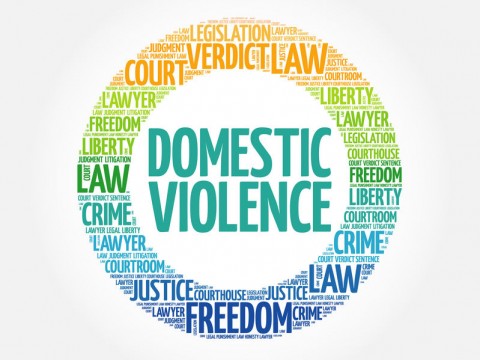In the wake of the COVID-19 pandemic, domestic violence has increased dramatically. With many still on lockdown or with limited means, many people are stuck at home with their abusers. Worse, local laws and health guidelines leave many people with nowhere to go.
However, instigators of violence in the home should beware: any record of domestic violence is regarded as serious by the courts, and can negatively impact your ability to maintain custody of your children.
Domestic Violence Includes More Than You Think
The court broadly defines domestic violence across many categories. Any number of things are classified as domestic violence by the courts, including:
- Any action a reasonable person would consider a threat to their bodily safety
- Reckless action that could cause injury
- Sexual assault or attempted sexual assault
- Harassment
- Stalking
- Repeated unwanted texts, emails, or telephone calls
- Physical assault
The court also has a broad definition of who the victim might be in a domestic violence situation. It doesn’t have to be your spouse that you are abusing. It can be your child, your ex-spouse, anyone who lives with you, a co-parent, or someone you are dating.
If you are accused of domestic violence under any of the above circumstances, then it is possible that the court may alter your sole or joint custody arrangement.
Court Orders and Custody
How your custody will be impacted depends on the severity of domestic violence and the discretion of the court. You might still be granted visitation, but with special conditions. For example, the court could require you to have supervised visits, where a court-appointed monitor would be present as you spend time with your child. Or it might restrict the number of days you may visit, or prevent overnight stays.
Ultimately, the court must act in the best interests of the child. If that means revoking your custody or visitation rights altogether for a certain period of time, the court has the power to do that, too. In severe cases of violence, this is likely to happen.
Proving You Are On The Right Track
In California, if you have been found guilty of domestic violence in the last five years, then you must produce evidence to show that you have addressed the underlying issues. For example, if you had a substance abuse problem, you might have to prove that you completed a rehabilitation program and are continuing to go to Alcoholics Anonymous or Narcotics Anonymous; you may also have to prove that you completed anger management classes.
The safety of your home, compliance with local laws, any parole or probation, and any protective orders (like a restraining order) must all be taken into account as well.
Ultimately, the court must reasonably conclude that the child would be safe in your environment, and that it is in the child's best interest to stay with you. If you commit any further acts of domestic violence, then the court could conceivably revoke any custody altogether.
Need Help With Issues Related to Domestic Violence?
If you have concerns about how your custody agreement is impacted by domestic violence*, contact Park Family Law. Whether you need an experienced mediator to amicably and efficiently settle your case or an aggressive litigator to get you the best results in court, Park Family Law can assist you every step of the way.
*If you are a victim of domestic violence, call the National Domestic Violence Hotline at 1−800−799−7233.

